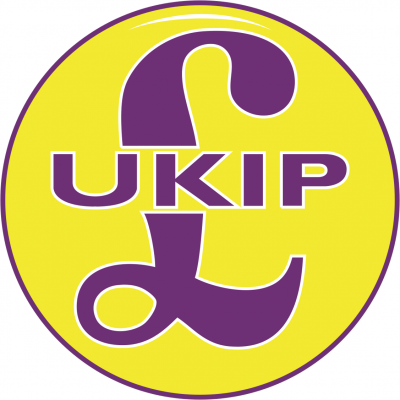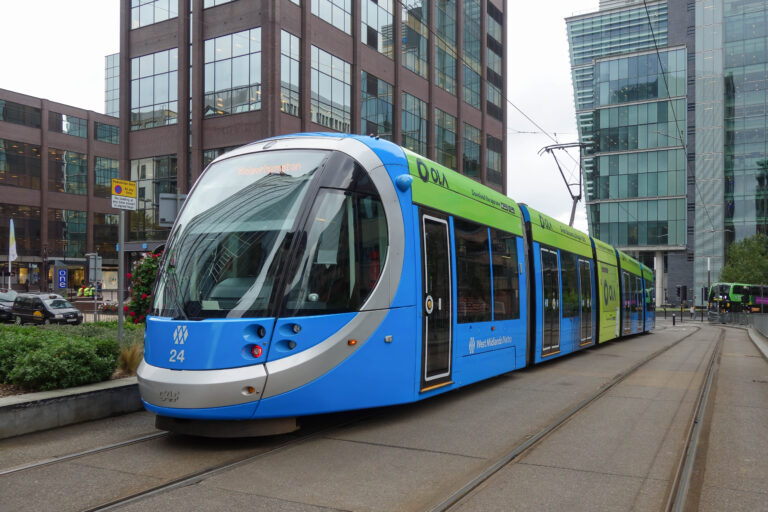Although much of the hype around local elections revolves around the capital, a fascinating picture is also emerging outside of the M25, especially across the East of England.
In 2014, UKIP successfully managed to manoeuvre themselves into a position of mainstream politics. Following Ofcom awarding them “major party status” in March of that year, UKIP added defacto credibility to the new title by winning 162 seats at the local elections, an increase of 128. However, the real success came after it was announced UKIP had received the greatest number of votes of any British party during the European elections, producing 24 MEPs.
Undoubtedly, UKIP’s 2014 was a resounding triumph, which they built upon throughout 2015 and 2016 despite the frequent gaffes which shadowed them at every turn. As it has been widely touted before, the party has been a victim of its own success. Its role in the EU referendum, especially that of Mr Farage, appears to have resigned the party to insignificance.
Mission complete? It’s lucky we’ve all had enough of experts, because it doesn’t take a polling guru to see that UKIP had a disastrous time in the 2017 local elections, losing 145 of their 146 seats and over 15% of their vote share.
So, this is where we find ourselves. The vast number of seats which the party won in 2014 are now up for re-election and we’ve already seen signs of the party’s extinction. Most notably, all 17 UKIP Councillors on Thurrock Council left the party in January to form an opposition group called Thurrock Independents. A similar picture is emerging across the rest of the region also, as UKIP Councillors defect to either Labour, the Conservatives or other Independent groups, hoping to avoid the same problems faced in 2017.
It seems the UKIP brand is that which has died a death, not their politics and most definitely not their legacy. A very strange situation when UKIP is seen as too toxic for their own Councillors! The question now revolves around which party can absorb the support UKIP garnered from previous years. How will the two dominant parties try to appeal to these voters?
If it was UKIP’s incontrovertible distaste for the European Union and what the institution represents which appealed to voters most, then their vote would assumedly transfer to the Conservatives who have aimed to become the party of Brexit, whereas Labour tactically avoided getting off the fence for as long as possible. Theresa May’s ‘no deal is better than a bad deal’ quip was at least aimed to show voters that she would get the job done, and not be intimidated by Tusk, Juncker and co. (Just the attitude many Brexiteers yearn for).
On the other hand, if it was UKIP’s populist rhetoric which attracted voters to their party, Corbyn’s Labour would more than likely hoover up these votes. Corbyn’s agenda of standing up for the common man, communicating directly to voters and challenging the elites all ally closely to that of UKIP’s message under Nigel Farage.
The decline of UKIP, the near extinction of the Liberal Democrats, add to this the so-called Progressive Alliance at the 2017 General Election in which various left-leaning candidates did not stand in certain seats to aid the election of another left-leaning candidate against the Tories. Interestingly, no Labour candidates stood aside as part of the Alliance. Some have spoken of two-party politics returning to Westminster, however whether this trend will transfer to local elections is yet unknown.
The recent eight local by-elections, which took place on 8th March, are evidence of opposition gains at the expense of the ruling party. The Conservatives lost 5 seats overall, including 4 safe seats however it is always unwise to fully attribute cause in local by-elections, especially toward Westminster.
In the case of UKIP, a by-election in Thurrock was won by the Conservative candidate but only after a coin toss as both Labour and Conservative candidates accumulated 696 votes each. The seat was gained from UKIP who didn’t put forward a candidate. Instead, Thurrock Independents gained 531 votes. UKIP’s vote didn’t directly translate into support for Thurrock Independents, with Labour and the Conservatives benefiting from this, Labour to a higher degree than the Tories. If this is a sign of the result in May, then any Conservative marginal seats could be at risk.
With 20% of Councillors across the East of England up for re-election in May, and with UKIP’s impending extinction offering swathes of potential votes across the region, you can guarantee that those in Westminster will be keeping a close eye on the results come May.
As nominations have now closed, attention turns to who is standing where and which seats will be the ones to watch.
To see our analysis and comment of the upcoming 2018 Local Elections, click here.




